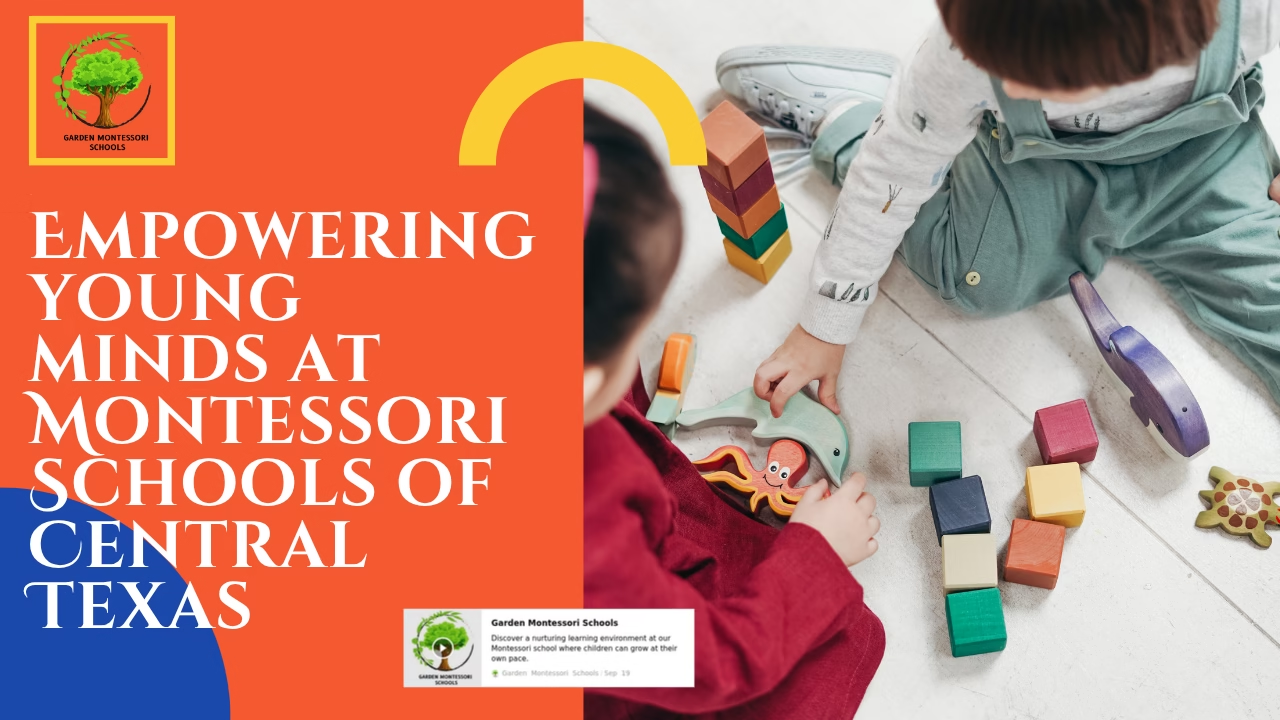We, as a team, recognise that every child is unique, and so is the age at which they become ready for this step. We focus on providing gentle encouragement and measures with positive reinforcement to assist in this process.
Potty training involves more than simply transitioning out of diapers. It consists of learning to recognise one’s bodily signals and developing independence and healthy habits. The process is further aided by peer learning and structured schedules available at daycare.
In all cases, we work in collaboration with parents to align training with their expectations, and communication is maintained throughout to ensure seamless movement between daycare and home.
This level of support ensures that both the parent and child can navigate the potty training process and feel at ease.
When Your Child Is Set To Begin Potty Training?
As every parent/s or guardian/s knows, starting potty training is a challenging task when trying to determine if a child is ready.
At daycare, our trained staff uses methods such as observing increased periods when a child does not need their diaper changed, curiosity about other people’s bathrooms, and the child’s ability to follow simple commands as indicators of readiness.
Starting potty training too early for kids can result in defiant tantrums and anger, which can become a more complex burden. Kids do fully develop at their own pace, after all. A child’s physical and mental state helps their coping skills during the potty training process become smoother.
This is why our routines gently encourage and motivate positive behaviours while also primarily focusing on observation. When a child is not physically or emotionally mentally fit for the task, it creates a huge burden.
Accomplished and supportive are two words that describe what daycare provides children – that is. By reframing the narrative on fostering a positive potty training culture, we allow kids to focus on building their confidence, not feeling pressured.
In doing this, kids are empowered, which ultimately creates a sense of consistent support.
Daycare Potty Training Strategies
Potty training in a daycare setting requires consistency, patience, and cooperation from both the child and the caregivers. Our most tremendous success comes from routinely scheduled potty breaks and encouraging restroom use even when it is not necessary.
This aids in building a routine. Praise or the use of stickers as rewards drives them to use the toilet. Additionally, we maintain potty charts that track progress and allow children to celebrate minor milestones.
Another fundamental aid to successful potty training is modeling—children observing other children. At daycare, this type of peer influence accelerates the learning process. Mistakes are part of the learning process as we guide children through these moments.
Caregiver communication aligns techniques between daycare and home, which increases the retention of information. This supportive environment helps create and minimize anxiety, aiding in a child’s potty training journey.
How Daycare Staff Aid Parents in Supporting Their Children Through the Potty Training Stage?
There is no denying that potty training is most effective when cooperation exists between parents and daycare providers.
The staff at our daycare has clear methods of communication and provides tips, maintains logs for every child, and helps track milestones about their potty training progress.
In addition, we help with determining the age at which a child may start at-home routines, identifying signs of readiness, and managing falls during this period.
Having done so enables parents and daycare providers to learn how to communicate and synchronize their strategies.
Parents, for example, wish to be informed about their child’s achievements as well as their failures, and staff provide this information daily so parents do not feel disconnected from the daycare and the information.
Considerable effort is required from both daycare and home. Sending extra clothes, favorite potty paraphernalia, and training pants encourages the child to become familiar with and eager to use the potty.
Potty training is unique to each family, and our flexible approach enables families to work more effectively during this essential developmental stage for the child.
Managing Daycare-Specific Difficulties of Potty Training
Throughout the daycare’s potty training process, common challenges include regression, defiance, and accidents. As a daycare, we address these challenges with understanding and care.
If a child is resistant to the potty, gentle coaxing is applied instead of forceful measures. Children who tend to have more frequent accidents tend to require a change in routine and need greater assistance.
Sometimes, significant life changes, such as welcoming a new sibling or relocating, significantly interrupt progress.Our trained daycare personnel are very observant and proactive in such instances and coordinate with parents.
Often, children are provided with rewards and consistent reminders, which help maintain high motivation levels.
Additionally, we strive to make the potty area less daunting by designing it in a way that is private and soothing—the added flexibility in approach allows us to tailor strategies to meet every child’s needs.
We often say that addressing the proper techniques for overcoming daycare potty training challenges involves being persistent, communicative, and having fun in low-stress settings free from pressure.
FAQs
What is the most optimal age to begin potty training?
The most common age is between 18 and 30 months, but some may vary.
How long does potty training generally take?
Depending on the child, it ranges from 3 to 6 months.
Is there a difference in approach to potty training at home and daycare?
Not at all; it is essential that both environments consistently implement the same approaches to achieve successful results.
What happens if my child has recurrent accidents at daycare?
That is usually fine—staff will adapt methods and notify parents.
Conclusion
Potty training marks a significant achievement, and with adequate support, it does not have to be a stressful experience.The daycare routine, use of positive reinforcement, and collaboration facilitate the support strategy applied.
Our goal is to support the child in navigating the potty training process with unconditional love, comfort, and stability.We will all ensure that the change is a confident leap forward.



